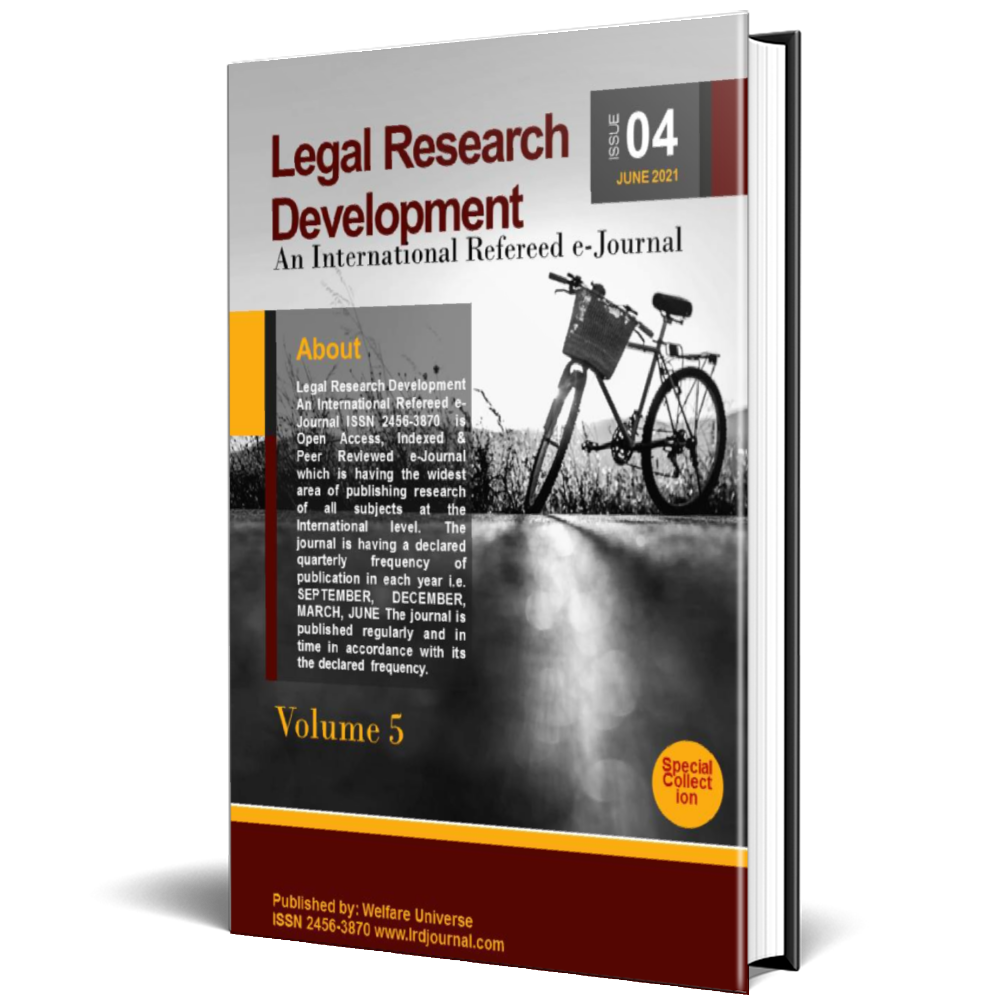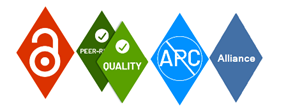
Errata, Corrections and Retractions
Articles and other kinds of documents published in the journal will be kept valid, exact and unaltered as much as possible. However, exceptional circumstances may occur in which a published article needs to be corrected, retracted, or even withdrawn. Such actions will be taken after being carefully considered by the Editorial Team of the journal, with the support of the staff of Legal Research Development, to ensure that they are done with the utmost guarantees and based on the rules set by the Committee on Publication Ethics (COPE).
In such cases, the norms and mechanisms of control of scientific communication have several main procedures of rectification in accordance with the type, seriousness and consequences of the detected inaccuracy. These can assume the form of a notice of an erratum, a correction, a retraction or, in rare occasions, the removal of an article. The purpose of this mechanism is that changes are transparent and that the integrity of the academic record is always warranted.
Errata
Errata will be published when an error or omission made by the journal might affect the publication’s record or the reputation of the authors and/or the journal, but when the academic integrity of the article remains intact.
All errors will be accompanied by a separate notification. The notice must provide clear details of the erratum and the changes made to the document.
In such circumstances:
- The article will be corrected.
- A final note with the reference to the notice of errata will be included in the article.
- Errata will be published separately but linked to the corrected version of the article.
- The errata document will be paginated and have a DOI assigned..
Corrections
A notice of corrections will be published when an error or omission made by the author needs to be corrected, which otherwise would affect the publication’s record or the reputation of the authors and/or the journal but not the academic integrity of the article.
All errors will be accompanied by a separate notification. The notice must provide clear details of the erratum and the changes made to the document.
In such circumstances:
- The article will be corrected.
- A final note with the reference to the notification of errata will be included in the article.
- Errata will be published separately but linked to the corrected version of the article.
- The errata document will be paginated and have a DOI assigned.
Retractions
A notice of retractions will be published when a major error invalidates the conclusions of the article or in cases of misconduct in the research and/or publication process. Authors can request a retraction of their articles if any of the following criteria is met:
- If there is clear evidence that the results are not reliable, whether resulting from misconduct (for instance, fabricated data and manipulated images) or a mistake (e.g. an experimental error or miscalculation).
- If the findings have been published previously elsewhere without the adequate cross-referencing, license or justification (e.g. in cases of redundant or duplicate publication).
- If the research constitutes plagiarism.
- If there is evidence of fraudulent authorship.
- If the peer review process is proved to have been compromised.
- If there is evidence of unethical research and infringement of professional ethical codes.
Once the decision to retract an article has been made:
- The watermark 'Retracted article' will be added to the published version of the article’s record.
- The article’s title will be headed by 'Retracted article: [Title of the article]'.
- A separate declaration of retraction will be published, titled 'Retraction: [Title of the article]', which will be linked to the retracted article. The editors of the journal will sign this note.
- The declaration of retraction will be paginated and have a DOI assigned.
Removal of articles
The removal of an article will only happen on exceptional circumstances when the issues are exceedingly serious to be addressed through a notice of correction or retraction.
This will only happen when:
- The article is clearly defamatory or violates other legal rights.
- When the article is subject to a court order.
- When the article, if no action is taken, could suppose a grave health risk.
In the event of an article removal, the metadata (authorship and title) will remain and the text will be substituted by a document that indicates that the article has been removed for legal purposes.








